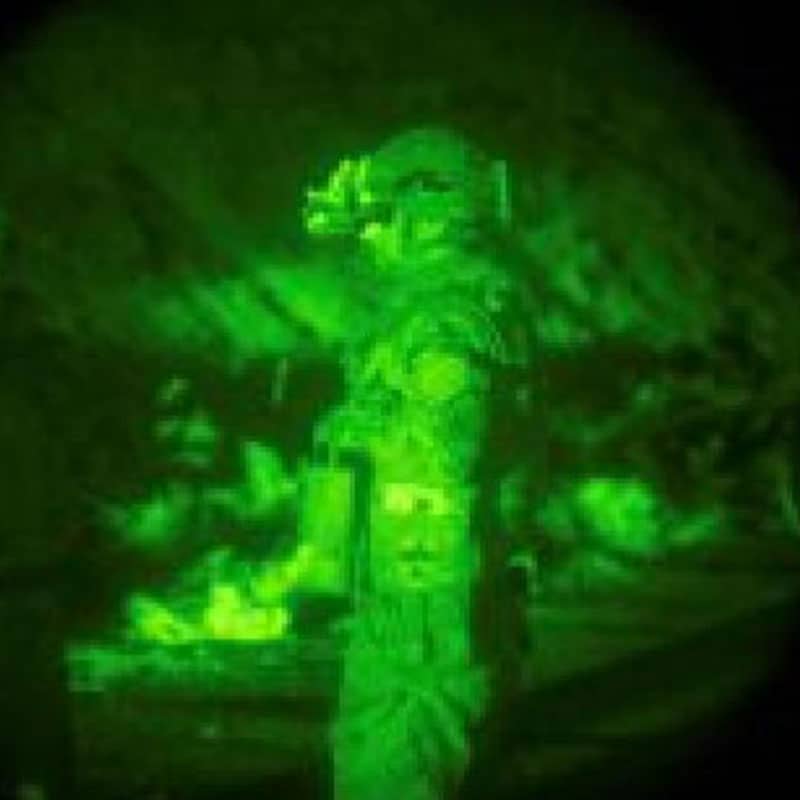
Author: Emily Bienvenue, Zac Rogers, Sian Troath.
The term cognitive warfare has entered the lexicon over the last couple of years. General David L. Goldfein (United States Air Force) remarked last year we are “transitioning from wars of attrition to wars of cognition”. Neuroscientist James Giordano has described the human brain as the battlefield of the 21st Century. Cognitive warfare represents the convergence of all that elements that have lived restlessly under the catch-all moniker of Information Warfare (IW) since the term’s emergence in the 1990s. However, military and intelligence organisations now grappling with this contentious new concept are finding cognitive warfare to be something greater than, or as Gestalt intended, different than, the sum of these parts. Cognitive warfare is IW with something added. As we begin to understand more about what has been added, awareness is growing that western military and intelligence organisations may have been caught playing the wrong game.
—
—
Dr Emily Bienvenue is a Senior Analyst in the Defence Science and Technology Group’s, Joint and Operations Analysis Division. Her research interests include trust as a strategic resource, the changing nature of warfare, and competition below the threshold of conflict.
The views expressed here are her own and do not represent the official view of the Australian Defence Department.
Dr Zac Rogers is a lead researcher at the Jeff Bleich Centre for the US Alliance in Digital Technology, Security and Governance (JBC).
Sian Troath is a PhD candidate (submitted) at Flinders University, and a combined Flinders University-DST Group research associate working on Modelling Complex Warfighting (MCW) Strategic Response (SR) 4 – Modelling Complex Human Systems. Her areas of expertise are international relations theory, trust theory, Australian foreign policy, Australia- Indonesia relations, and Anglo-American relations.
The views expressed in this article are those of the authors and do not necessarily reflect the position of the Australian Army, the Department of Defence or the Australian Government.
Visit > The Jeff Bleich Centre for the US Alliance in Digital Technology, Security, and Governance (JBC)

